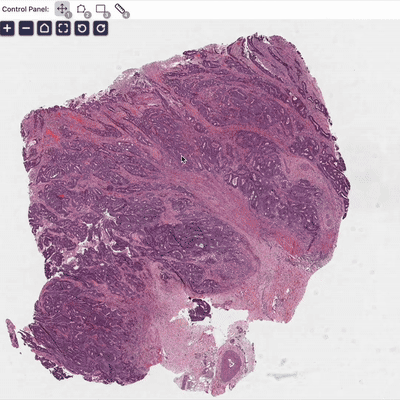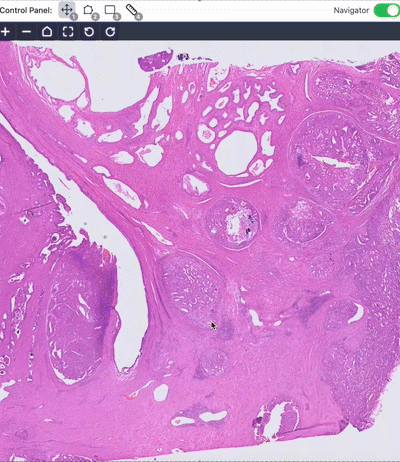Latest News
2025
- TissueLab, the first co-evolving agentic AI system for medical imaging analysis, is launched! Arxiv for more details.
- Currently serving as an area chair for ACM-BCB 2025 (October 11-15, 2025 at Philadelphia, PA).
- nuclei.io is featured on Nature Biomedical Engineering April 2025 cover story & Nature Outlook on Medical Diagnostics.
- Our LLM optimization work is published in Nature.
- I am co-organizing the "Multimodal Foundation Models for Biomedicine" workshop at CVPR 2025. See you in Nashville!
- LLM feedback for federated learning is accepted at ICLR 2025.
2024
- I am serving as a program committee member for RECOMB 2025.
- LLMs in scientific papers is accepted at COLM 2024. See you in Philadelphia!
- Huang et al. Pathologist-AI collaboration study is published in Nature Biomedical Engineering.
- We introduce TextGrad: Automatic "Differentiation" via Text! Start optimizing prompts in your LLM system.
- Impact of ChatGPT in AI review is accepted at ICML 2025 (oral).
- New York Times opinion on AI-generated articles (co-authored manuscript).
- New study on off-label and off-guideline cancer therapy usage is accepted in Cell Reports Medicine.
2023
- Flash talk at Stanford Pathology (Video).
- Huang et al. invited commentary on resilience to AD is published in Neuroscience Insights.
- Visual-language AI for pathology is featured on Nature Medicine September 2023 cover story.
- Huang, Bianchi et al. Visual-language AI for pathology is published in Nature Medicine.
- Huang et al. Brain proteomic analysis is published in Nature Communications.
- nuclei.io is spotlighted in the Stanford Catalyst 2023 cohort [News].
- Huang et al. Multi-modal pathology imaging analysis is published in NPJ Precision Oncology.
Active Research Areas
1. Foundation Model for Pathology
Pathology is medicine's ground truth. We train AI models with vision, language, and knowledge to improve machine understanding of pathology.
Related Publication:
A visual–language foundation model for pathology image analysis using medical Twitter
Zhi Huang†, Federico Bianchi†, Mert Yuksekgonul, Thomas J. Montine, James Zou (†: Equal contribution)
Nature Medicine (2023), cover article
✨ Checkout our OpenPath, a vision-language dataset for pathology at here.
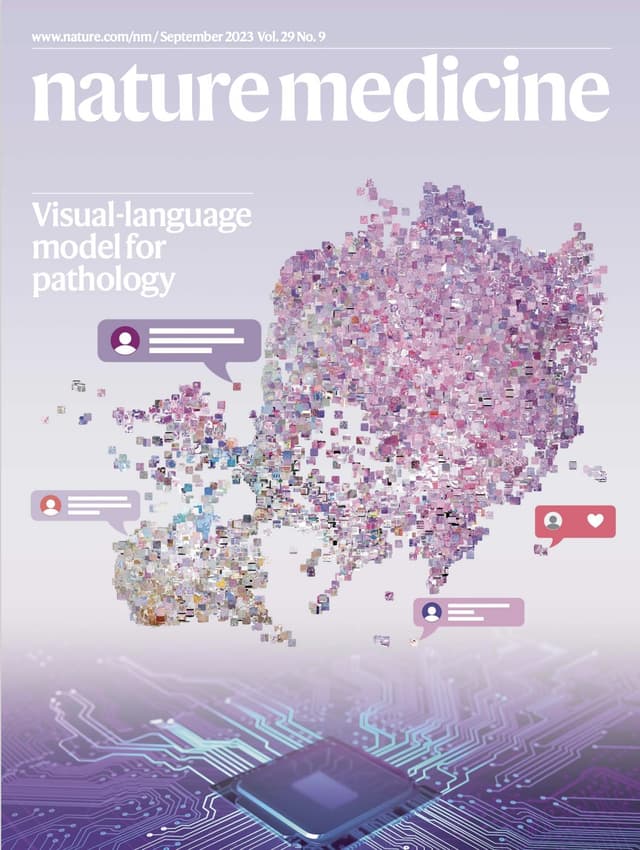
2. AI Systems and Human-AI Collaboration
We develop AI software platforms to assist human experts in clinical practice, promote human-AI collaboration. We also optimize LLMs.
Related Publication:
TissueLab: A co-evolving agentic AI system for medical image analysis
Songhao Li, Jonathan Xu, Tiancheng Bao, Yuxuan Liu, Yuchen Liu, Yihang Liu, Lilin Wang, Wenhui Lei, Sheng Wang, Yinuo Xu, Yan Cui, Jialu Yao, Shunsuke Koga, Zhi Huang
Arxiv (2025)
TissueLab web portal [website] [
A pathologist–AI collaboration framework for enhancing diagnostic accuracies and efficiencies
Zhi Huang, Eric Yang, Jeanne Shen, Dita Gratzinger, ..., Thomas J. Montine & James Zou
Nature Biomedical Engineering (2024), cover article
nuclei.io: AI platform for digital pathology [website] [
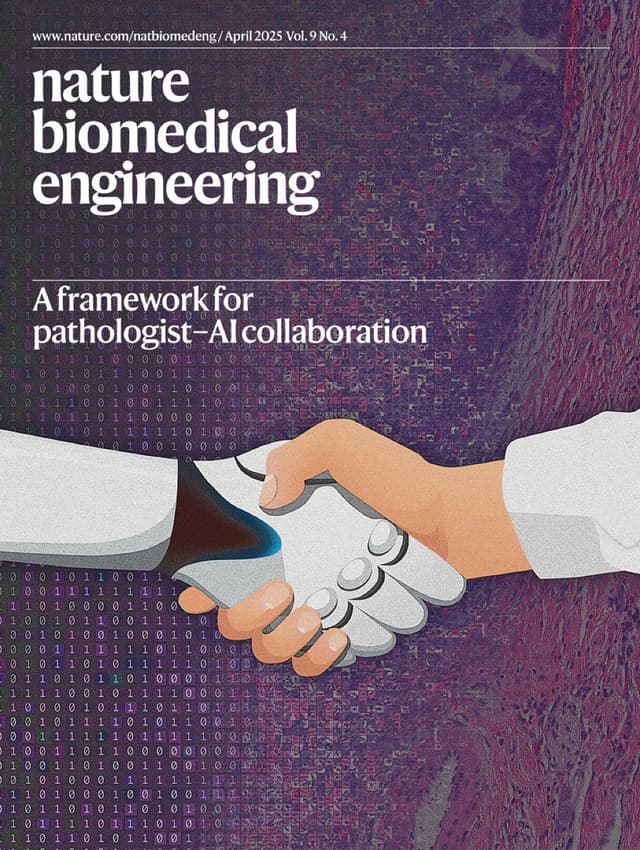
Optimizing generative AI by backpropagating language model feedback
Mert Yuksekgonul*, Federico Bianchi*, Joseph Boen*, Sheng Liu*, Pan Lu*, Zhi Huang*, Carlos Guestrin, James Zou
Nature (2025)
✨ We introduce TextGrad, automatic "differentiation" via text.
 ]
]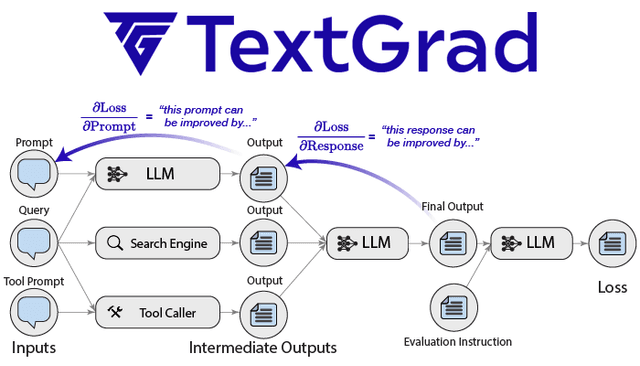
3. Machine Learning and Statistical Analysis for Human Diseases
We leverage machine learning and statistical analysis tools to study human diseases (e.g., Alzheimer's Disease, breast cancer) with imaging, omics, and clinical data.
Related Publication:
Brain Proteomic Analysis Implicates Actin Filament Processes and Injury Response in Resilience to Alzheimer's Disease
Zhi Huang, Gennifer E. Merrihew, Eric B. Larson, Jea Park,..., James Y. Zou, Michael J. MacCoss & Thomas J. Montine
Nature Communications (2023)
✨ First study to identify molecular signatures of resilience to Alzheimer's Disease.

Artificial Intelligence Reveals Features Associated with Breast Cancer Neoadjuvant Chemotherapy Responses from Multi-stain Histopathologic Images
Zhi Huang, et al.
NPJ Precision Oncology (2023)
✨ AI-powered prediction of breast cancer treatment outcomes from H&E and IHC.

SALMON: Survival Analysis Learning with Multi-Omics Neural Networks on Breast Cancer
Zhi Huang, et al.
Frontiers in genetics (2019)
✨ Novel deep learning framework for multi-omics data integration and survival prediction.
 ]
]



